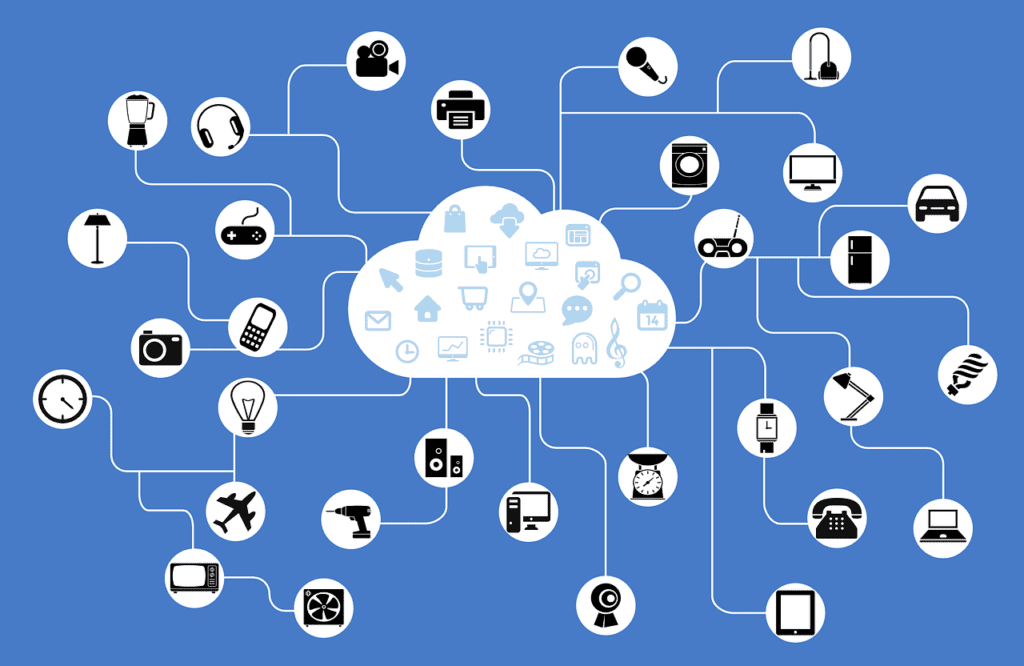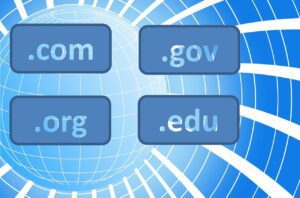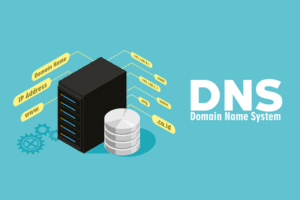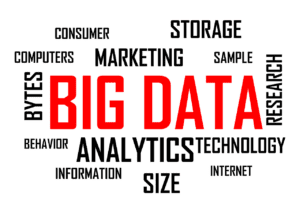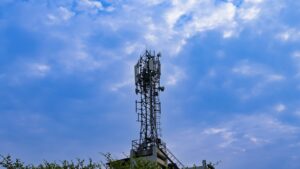The Internet of Things (IoT) is a revolutionary technology that connects various devices and objects to the internet, allowing them to communicate and exchange data. IoT has transformed how we interact with the world around us and can potentially revolutionize industries from healthcare to manufacturing. In this article, we will explore the concept of IoT, its applications, challenges, and future implications.
What is the Internet of Things?
The Internet of Things (IoT) refers to the network of physical devices, vehicles, buildings, and other objects embedded with sensors, software, and connectivity, enabling them to collect and exchange data with each other. These devices communicate with each other using wired or wireless networks and can be controlled remotely via the internet. IoT devices are equipped with sensors that collect temperature, humidity, motion, and location data. This data is then transmitted to the cloud, where it is processed and analyzed, and actionable insights are generated.
The Applications of IoT
The applications of IoT are vast and varied, with the potential to revolutionize industries such as healthcare, manufacturing, transportation, and agriculture. Here are some of the ways IoT is being used:
Healthcare
IoT has the potential to transform healthcare by improving patient outcomes and reducing costs. Wearable devices such as smartwatches and fitness trackers can monitor vital signs such as heart rate, blood pressure, and oxygen saturation. These devices can alert healthcare providers if any abnormal readings are detected, enabling early intervention and prevention of medical emergencies. IoT can also improve patient care by enabling remote consultations, reducing the need for hospital visits, and improving patient access to care.
Manufacturing
IoT can transform the manufacturing industry by optimizing production and reducing downtime. IoT sensors can monitor machines, equipment, and inventory, enabling predictive maintenance and reducing the risk of equipment failure. This can improve efficiency, reduce costs, and increase productivity.
Transportation
IoT can improve transportation by enabling intelligent traffic management and reducing congestion. IoT sensors can monitor traffic flow, detect accidents, and provide real-time traffic updates to drivers. This can reduce travel time, fuel consumption, and carbon emissions.
Agriculture
IoT can transform the agriculture industry by improving crop yield and reducing water usage. IoT sensors can monitor soil moisture, temperature, and nutrient levels, enabling farmers to optimize crop growth and reduce waste. This can increase efficiency, reduce costs, and improve sustainability.
The Challenges of IoT
While IoT has the potential to revolutionize industries, it also presents several challenges that need to be addressed:
Security
IoT devices are vulnerable to cyberattacks, and the vast amount of data they generate can be exploited by hackers. This can compromise privacy, financial data, and critical infrastructure. Ensuring the security of IoT devices is essential to prevent these risks.
Interoperability
IoT devices use different communication protocols and data formats, making integrating them into a unified system challenging. Ensuring interoperability between devices is essential to enable seamless communication and data exchange.
Data Privacy
IoT devices collect vast amounts of personal data, raising concerns about privacy and protection. Ensuring the privacy of IoT data is essential to prevent the misuse and abuse of personal information.
The Future of IoT
The future of IoT is exciting, with the potential to transform industries and improve people’s lives. Here are some of the future implications of IoT:
Increased Efficiency
IoT can increase efficiency by automating routine tasks, reducing downtime, and optimizing processes. This can improve productivity, reduce costs, and increase profitability.
Sustainability
IoT can contribute to sustainability by enabling more intelligent use of resources, reducing waste, and improving environmental monitoring. This can lead to a more sustainable and eco-friendly future.
Advancements in Artificial Intelligence
IoT devices generate vast amounts of data that can be analyzed and used to develop advanced AI algorithms. This can lead to breakthroughs in predictive maintenance, personalized healthcare, and autonomous vehicles.
Conclusion
The Internet of Things has transformed how we interact with the world around us, enabling seamless communication and data exchange between devices. Its potential applications are vast and varied, with the ability to revolutionize industries such as healthcare, manufacturing, transportation, and agriculture. However, IoT also presents several challenges that need to be addressed, including security, interoperability, and data privacy. The future of IoT is exciting, with the potential to increase efficiency, improve quality of life, contribute to sustainability, and drive advancements in AI.
FAQs
- What is the difference between IoT and the internet?
IoT refers to the network of physical devices connected to the internet, while the internet refers to the global network of computers and servers.
- How does IoT impact data privacy?
IoT devices collect vast amounts of personal data, raising concerns about privacy and protection. Ensuring the privacy of IoT data is essential to prevent the misuse and abuse of personal information.
- What are some examples of IoT devices?
Some examples of IoT devices include smartwatches, fitness trackers, home automation systems, and industrial sensors.
- What is the role of IoT in agriculture?
IoT can transform the agriculture industry by improving crop yield and reducing water usage. IoT sensors can monitor soil moisture, temperature, and nutrient levels, enabling farmers to optimize crop growth and reduce waste.
- What are some of the future implications of IoT?
The future implications of IoT include increased efficiency, improved quality of life, sustainability, and advancements in artificial intelligence.

